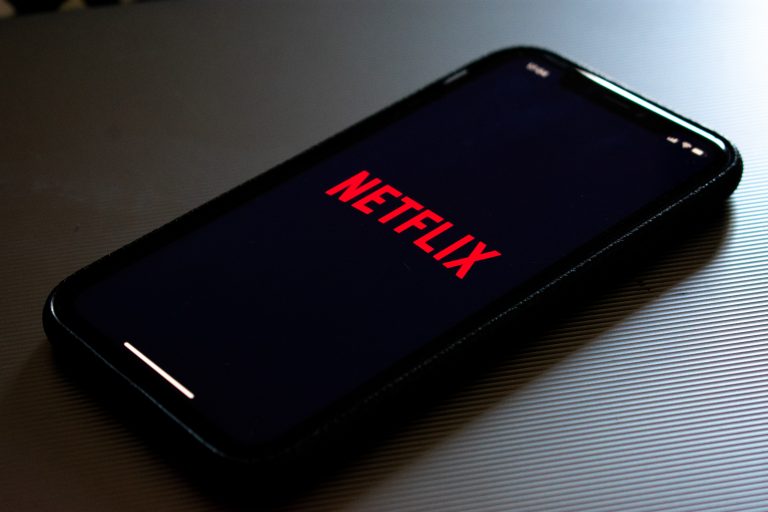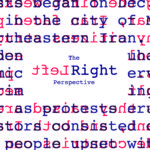Civil rights movements. Police brutality. Fights against the United States government.
These phrases can be used to describe part of what living in 2020 is like. Yet, they also dangerously echo the past.
On Sept. 24, 1969, a trial of the Chicago Seven began. David Dellinger of the National Mobilization Committee to End the War in Vietnam (MOBE), Jerry Rubin and Abbie Hoffman of the Youth International Party (Yippies), Lee Weiner and John Froines — now a professor emeritus of the UCLA Fielding School of Public Health — and Rennie Davis and Tom Hayden of MOBE and Students for a Democratic Society (SDS) were accused of conspiring to incite a riot at the 1968 Democratic National Convention. An eighth member, Bobby Seale of the Black Panthers, was bound and gagged at the defendant’s table for denouncing Judge Julius Hoffman as a racist. His trial, eventually separated, sentenced him to 48 months in prison.
According to Matt Mullen and Missy Sullivan of HISTORY, these men organized rock concerts and protest marches to take place during the Democratic National Convention. Yet, clashes between protesters and police broke out into a full-scale riot with tear gas and police beatings.
The media, already present to cover the convention, claimed Chicago Mayor Richard Daley didn’t handle the situation well. Daley deployed 12,000 police officers, 5,600 members of the Illinois National Guard and 5,000 Army soldiers on the streets to meet any who showed up to the protests. During the four-day convention, there were hundreds of injuries and 668 arrests.
The trial accused the Chicago Eight of violating the Rap Brown law, which made it illegal to cross state lines in order to riot or to conspire to use interstate commerce to incite rioting. President Lyndon Johnson’s attorney general, Ramsey Clark, refused to prosecute the case. However, when President Richard Nixon took office and appointed John Mitchell as the new attorney general, Mitchell wanted to prosecute the Chicago Eight under the new federal anti-riot law. Mitchell was later convicted for his role in the Watergate conspiracy.
William Kunstler, the Chicago Seven’s defense attorney, encouraged them to disrupt the trial. They did so by reading poetry and chanting. Judge Hoffman sentenced the defendants to up to 29 months in jail and held them in contempt of court for their behavior while the jury deliberated the verdict.
The evidence against the seven was questionable. None were convicted of conspiracy. Five were found guilty of inciting a riot, only for the charges to be dismissed by an appellate court claiming the judge acted out of bias.
Netflix recently released a new film retelling the story of the Chicago Seven. Rated R for drug use and some violence, the movie has already received a 91 percent rating on Rotten Tomatoes and features well-known stars such as Michael Keaton, Eddie Redmayne and Yahya Abdul-Mateen II.
Brian Tallerico, contributing Rolling Stone writer, said the timing of the film’s release was “not a coincidence” with protests breaking new headlines and the looming presidential election.
“It is meant to spark conversation, about how far we’ve come since the riots of 1968 and subsequent trial in Chicago of the men accused of conspiring to provoke violence in the streets,” said Tallerico.
The Guardian’s critic, Wendy Ide, agreed with him. “The film feels timely because it is timely,” Ide said. “It unfolds on the frontline of a culture war that rages still. For a country that places such value on freedom of speech, America had, and still has, a prickly relationship with dissent.”
“The Trial of the Chicago Seven” shows the importance of recognizing the connection between past and future events. As a country, we believe we have made progress in regard to equality and the value of human life. Yet, when watching a film that eerily resembles today’s news stories, I’m inclined to think we haven’t made as much progress as we would like to believe.




